The role of which e-commerce platform you pick to build your store is often overstated. The truth is that any of the “big 5” will work just fine for 95% of brands.
The main choice you substantively make when picking an e-commerce platform is what degree of customization and integrations you’ll want available.
In all fairness, there are many small up-and-comers and specialty players in the eCommerce platform space at any given time. But, you should seriously consider starting your journey with one of these five:
- Shopify
- WooCommerce
- Wix
- Magento
- BigCommerce
Overview of Online Store Platforms
Key Features NOT to Look For in eCommerce Platforms
Assuming you’re just starting out, there are a few things that a lot of platforms will try to get you to pay attention to that you don’t need to waste energy on.
That doesn’t mean these things don’t matter. Rather, all these platforms perform roughly the same on these features so there’s no use pretending any of them is a selling point.
1. Security
All the major e-commerce platforms have robust security measures in place to protect your online store and customer data. This is a basic requirement for any platform to get on this list, so you don’t need to prioritize it when comparing options.
If you plan to develop custom features or integrate third-party apps, adding an extra layer of protection with SAST scanning can help you catch vulnerabilities early in the development process.
2. Uptime and/or “Reliability”
Not an issue. Assuming you’re hosting your store on these platforms’ boutique hosting options or any major hosting provider, you’re looking at excellent uptime across the board. Ignore this.
3. Mobile Optimization
Unless you’re building a custom site without using any of the tens of thousands of pre-made templates these platforms offer, mobile optimization is a given. Responsive design has been an expected baseline in eCommerce for well over a decade.
Shopify: The Comprehensive E-commerce Solution
Shopify is easily the most popular e-commerce platform that offers a wide range of features and tools to help businesses build and manage their online stores.
It’s our top choice thanks to a user-friendly interface, a vast library of themes and apps, and robust payment processing capabilities. If you’re already selling (or plan to start selling) on eBay, Amazon, or Etsy, you can integrate your stores on those platforms with Shopify and handle all your orders from a centralized platform.
Shopify is a popular choice for businesses of all sizes, from small startups to large enterprises, due to its scalability and ease of use.
Featured Business Using Shopify: SpaceX Store. That’s right, Shopify is good enough to support the merch side of SpaceX’s business. So, in a way, you could say Shopify is helping to “preserve the light of consciousness” or whatever.
Ease of Use and Setup
Shopify is known for its user-friendly nature, which makes setting up an online store straightforward. Even if you have minimal technical skills, you can create a live store in just a few hours, thanks to its intuitive interface.
Templates And Themes for Shopify
There are thousands of Shopify themes on offer with prices ranging from free (really free) to several thousand dollars. Shopify’s ecosystem is so robust and widespread that there are entire businesses whose single product offering is one solid, well-supported, well-promoted Shopify theme.
Integrations and Add-Ons
Again, Shopify’s huge ecosystem provides a massive advantage.
If you’re using any major business promotion, sales, analytics, and management tools, there’s a very good chance they all have Shopify integrations.
That’s Shopify’s major advantage in a nutshell. Its popularity has led to an entire industry of professionals, tools, communities, and Shopify marketing agencies that focus on that single platform.
Shopify Pricing and Value
Let’s cut to the chase: Shopify isn’t exactly a bargain hunter’s dream.
In fact, when you add up all the costs to run a business the right way, it’s the priciest option among top e-commerce platforms.
Price tags range from a moderate $29 to a whopping $299 per month (yearly billing), with a teaser $1 first-month offer.
Fair warning: costs can spiral with fancy templates and add-ons. For the budget-conscious, there’s Shopify Starter at $5 monthly, perfect for hawking your wares on social media. It’s a solid starting point, but serious businesses should aim for a proper online store ASAP.
Bottom line: Shopify’s not the cheapest date, but it might just be the one that takes your business to the next level. If you’ve got a golden goose on your hands, don’t hesitate to spend on Shopify.
But, if you’re working with razor-thin margins in a cutthroat space, test the waters before you commit.
WooCommerce: Technically Free…
The WordPress Native Platform
If you’re using WordPress, you already know about WooCommerce. It’s the WordPress plugin that lets you create a store on your site.
WordPress is free. WooCommerce is also free. In theory, you could set up a WooCommerce store for only the price of hosting. In reality, it hardly ever works out that way but WooCommerce is still going to be the best “value” option.
Featured business using WooCommerce: Björk’s official store. Even iconoclasts need to move some merch from time to time, and WooCommerce is the platform to do it for Björk.
Ease of Use And Setup
WooCommerce is not as simple to get off the ground as Shopify, but it’s certainly not rocket surgery. WordPress and WooCommerce) are open-source projects, which makes them endlessly customizable.
That customization comes with a bit of a learning curve. Fortunately, it also comes with a massive community of professionals and resources ready to troubleshoot.
If you’re not already familiar with WordPress, and you’re going it alone, you’ll probably get stuck along the way. But you won’t stay stuck for long.
Templates and Themes For WooCommerce
Like Shopify, WooCommerce has no shortage of great themes. If you’re selling a physical product, there’s a good chance you’ll find a theme specifically designed to sell that product.
This is the part where WooCommerce’s unbelievable price tag starts to fall apart a little. While the platform itself is free, you will want to spend on themes and extensions.
Between themes, extensions, and maintenance you should expect to spend at least a couple of hundred dollars a year.
Integrations and Add-Ons
WooCommerce extensions add functionality in thousands of ways. Whether you want to add custom reviews to your store or set up your own video hosting, you can do so with WooCommerce extensions.
WooCommerce has a vast ecosystem of integrations and add-ons to extend its functionality. From payment gateways to shipping solutions, you can find a WooCommerce extension for almost any need.
WordPress’s popularity works in WooCommerce’s favor because it attracts big brands and small developers. Because of this, WooCommerce has no shortage of excellent extensions that receive constant updates and maintenance.
WooCommerce Pricing and Value
The pricing for WooCommerce can be considered more flexible than other options, as the core platform is free, but you’ll need to factor in costs for hosting, themes, plugins, and maintenance.
While this may result in a lower overall cost compared to Shopify’s subscription model, the time and effort required to manage a WooCommerce store can be higher, especially for those without prior WordPress experience.
Ultimately, the choice between Shopify and WooCommerce will depend on your specific business needs, technical expertise, and budget.
While the core WooCommerce platform is free, there are costs associated with running a WooCommerce store. These may include expenses for themes, plugins, and hosting services. The overall expenses will depend on the specific needs and scale of the online store.
Bottom line: WooCommerce is an affordable way to set up a store. But there’s no such thing as a free lunch and you’ll still have to factor in quite a few costs.
Wix: Built For Marketing
The Marketer’s eCommerce Platform
Wix is a popular website builder that has expanded into the e-commerce space. In most cases, that would be a pretty dubious claim.
But Wix’s eCommerce capabilities are anything but an afterthought. What’s more, it’s an excellent drag-and-drop site builder so you can make your store look perfect with no hassle whatsoever.
Wix invested a lot of effort over the years to create a multi-faceted marketing and analytics suite for its platform. Right now, it has best-in-class SEO and SEM feature adoption within the website builder space.
That said, Wix pares down some options to keep things streamlined. You won’t have the flexibility of (say) WooCommerce with Wix.
But Wix makes up for that with its intuitive interface, built-in marketing tools, and seamless integration of eCommerce features. For businesses focused on creating an engaging online presence and leveraging digital marketing, Wix is a powerful choice.
Featured business using Wix:
Templates and Themes
Wix offers a wide range of professionally designed templates and themes specifically tailored for eCommerce stores.
These templates are highly customizable, allowing you to create a unique and visually appealing online presence for your business.
The drag-and-drop editor makes it easy to personalize your store without any coding knowledge. And, the great part is that they’re all included in Wix’s paid plans.
Integrations and Add-ons For Wix
Like all major platforms, Wix has a dedicated app store where you’ll find hundreds of integrations and third-party apps.
Wix also provides the framework for custom integrations with its huge API library on its enterprise plan. It’s nice knowing that scaling is possible but you probably won’t need to tap into this feature.
As if that weren’t enough, Wix also offers a custom development platform called Velo. It’s a development environment that lets you add custom functionality directly to your site — a very welcome feature.
Wix Pricing and Value
When you factor in the cost of hosting, free templates, and everything you get with Wix, it’s actually one of the cheapest ways to host an eCommerce store.
And Wix is on a warpath to try to convert more users so if you’re looking for a deal, just sign up for their newsletter. They consistently run 50% off deals which you will get within a few days.
Bottom line: Wix’s pricing model is straightforward, with no hidden fees or surprises. You get what you pay for, and the value is undeniable. With Wix, you’re not just getting an eCommerce platform – you’re getting a comprehensive website builder, marketing tools, and analytics suite all in one.
Magento (Adobe Commerce): Preparing To Scale
Magento is a powerful and scalable eCommerce platform designed for large businesses and enterprises. Technically, it’s called Adobe Commerce since 2018 when Adobe acquired it.
Magento offers unparalleled flexibility and customization options. As a part of Adobe’s Experience Cloud, it gives you access to a giant ecosystem of enterprise commerce tools.
You won’t need most of those tools, but it’s nice to know they’re available if you anticipate steady and substantial growth.
However, this comes at a cost: Magento requires significant technical expertise and resources to set up and maintain. If you’re planning to scale your online store, Magento is an excellent choice, but be prepared to invest in development, hosting, and maintenance costs.
Magento is a great eCommerce CMS with all the customization you’ll ever need. But you’ll also need a capable developer to make the most of the platform.
Magento Themes and Templates
Magento’s theme and template options are vast, with both free and paid options available. You can choose from a wide range of templates, or create your own custom design.
However, be prepared to invest time and resources into customizing your theme, as Magento’s complexity can be overwhelming.
Additionally, Magento’s open-source nature means that you’ll need to ensure your theme is secure and up-to-date to prevent vulnerabilities.
Magento Integrations
Magento offers a robust network of integrations for seamless connection with various external platforms to enhance your eCommerce operations.
This includes synchronizing data between your store and other business systems, automation of key processes like order handling, inventory management, and dispatching.
The platform also supports the implementation of custom functionalities and workflows, thanks to its open API.
And, Magento integrates easily with leading marketing and analytics tools from the Adobe Experience Cloud. They’re great tools, with pretty hefty price tags.
Magento Pricing And Value
Here’s how the pricing breaks down for Magento:
Open-source plain vanilla Magento has no licensing fees. Good news for entrepreneurs who are just starting a business. All you need to pay for is hosting and (probably) a premium theme. Also, count on spending between $100 and $300 a year on plugins for extra functionality.
Adobe Commerce (formerly known as Magento Commerce) is suited for larger enterprises and offers more advanced features. Adobe Commerce Cloud also includes cloud hosting and even more features.
Both Commerce and Commerce Cloud work on a tiered system of gross merchandise value. They are not cheap, and you can get similar performance out of the free Magento, but Adobe Commerce provides a bunch of enterprise-grade solutions.
Bottom line: unless you’re moving (or expect to be moving) $5 million or more per year, Adobe Commerce is probably going to be overkill.
BigCommerce: The All-In-One Solution
BigCommerce is an all-in-one eCommerce platform designed to cater to businesses of all sizes, from startups to established enterprises. Known for its flexibility, scalability, and comprehensive feature set, BigCommerce provides a robust solution for building and managing an online store.
BigCommerce stands out with its ability to handle high volumes of traffic and sales, making it an excellent choice for businesses anticipating rapid growth or seasonal spikes in demand.
Ease of Use and Setup
BigCommerce offers a user-friendly interface that makes it easy to set up and manage your online store. The platform includes a variety of built-in tools and features that simplify the process of launching and maintaining an eCommerce site. Even if you have limited technical skills, BigCommerce provides an intuitive experience that helps you get your store up and running quickly.
Templates and Themes for BigCommerce
BigCommerce doesn’t have as big a selection of themes as (say) Shopify. It has a relatively small user base so fewer developers are focusing on generating themes for BigCommerce.
However, the themes that it does have are all highly polished.
These themes are fully customizable, allowing you to create a unique and visually appealing online store.
Whether you prefer a sleek, modern look or a more traditional design, BigCommerce has a theme to match your brand’s aesthetic.
Integrations and Add-Ons
BigCommerce excels in its wide range of integrations and add-ons.
The platform supports seamless integration with numerous third-party applications, including payment gateways, marketing tools, and analytics software.
This extensive ecosystem allows you to enhance your store’s functionality and streamline your business operations. Additionally, BigCommerce’s open API makes it easy to develop custom integrations to suit your specific needs.
BigCommerce Pricing and Value
BigCommerce offers a variety of pricing plans to accommodate different business sizes and budgets.
Plans range from $29.95 per month for the Standard plan to $299.95 per month for the Pro plan.
There’s also an Enterprise plan for larger businesses with advanced needs, which offers custom pricing based on specific requirements.
While BigCommerce’s pricing is competitive, the platform’s value lies in its extensive feature set and scalability.
Unlike some other platforms, BigCommerce does not charge transaction fees on any of its plans, which can result in significant savings as your business grows.
BigCommerce also includes features that are often only available as paid add-ons on other platforms, such as advanced SEO tools, professional reporting, and multi-channel selling capabilities.
Bottom Line: BigCommerce offers a comprehensive and scalable solution for businesses looking to grow their online presence.
Its user-friendly interface, extensive range of integrations, and competitive pricing make it a strong contender in the eCommerce platform market. If you’re looking for a robust platform that can handle your business’s growth without requiring extensive technical expertise, BigCommerce is an excellent choice.
Make Your Choice with Confidence
Ultimately, the platform you choose to build your online store on will shape your business’s digital journey.
Each option we’ve laid out offers unique benefits tailored to different business needs, from simplicity and user-friendliness to flexibility and scalability.
The next step is to assess your business priorities, consider your technical resources, and envision where you see your online presence heading. Then, pick your platform and go for it.


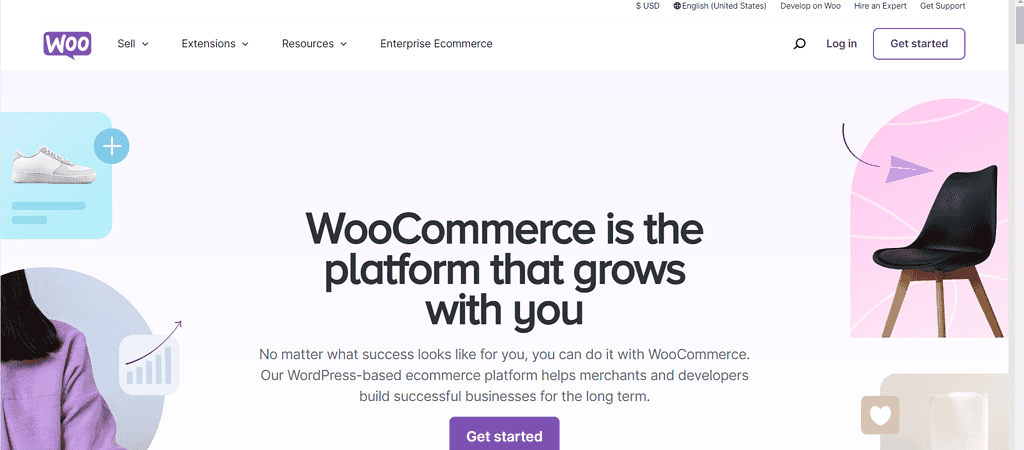
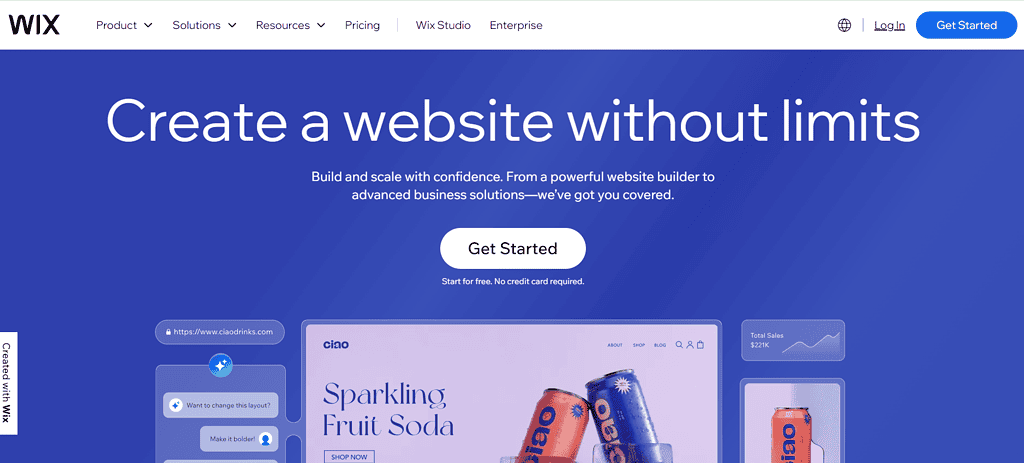
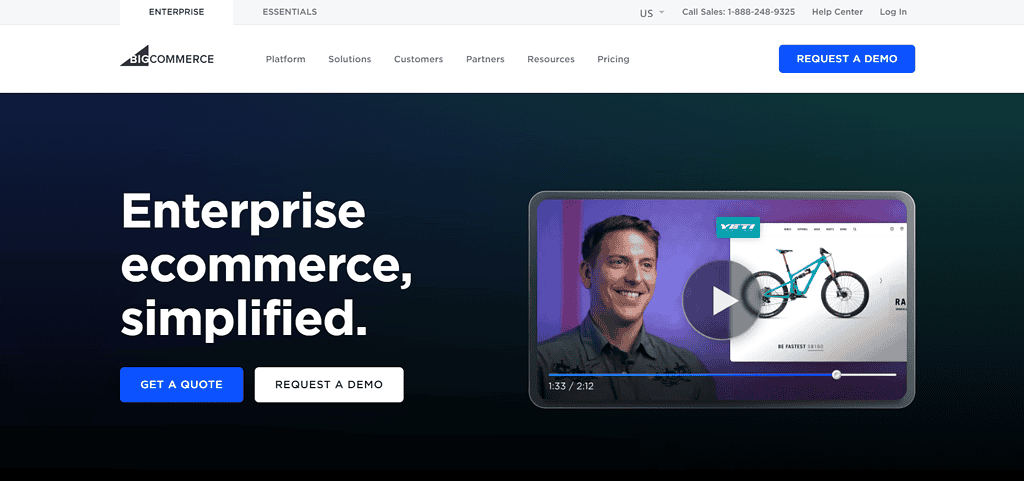

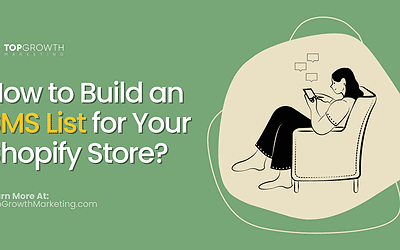
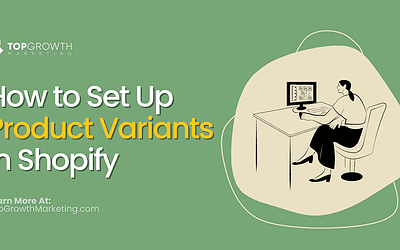
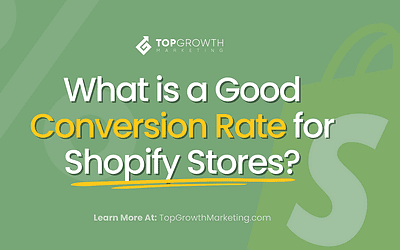
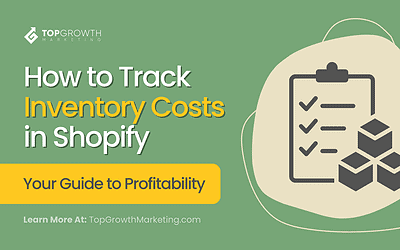
0 Comments